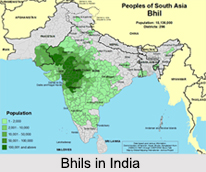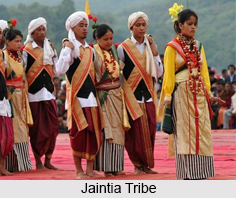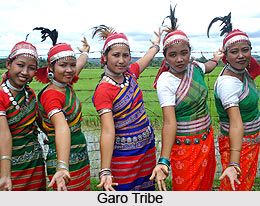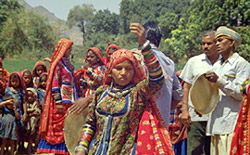 The state of Kerala consists of numerous Dravidian tribes and they appear to have similar characteristic and physical traits, like having a dark skin tone, sturdy and brawny and short heighted. The interiors of Kerala are populated by different tribes like Urali tribe, Kapu tribe, Paniyan tribe, Kadar tribe, Kanikkar tribe and others. The Urali tribe, also known as Urli, Uraly and Oorazhi, are generally found in Tamil Nadu and Kerala. urali literally means ruler (ali) of locality or village (ur).
The state of Kerala consists of numerous Dravidian tribes and they appear to have similar characteristic and physical traits, like having a dark skin tone, sturdy and brawny and short heighted. The interiors of Kerala are populated by different tribes like Urali tribe, Kapu tribe, Paniyan tribe, Kadar tribe, Kanikkar tribe and others. The Urali tribe, also known as Urli, Uraly and Oorazhi, are generally found in Tamil Nadu and Kerala. urali literally means ruler (ali) of locality or village (ur).
Origin of Urali Tribe
According to the dated facts of the 1891 Madras Census Report, the Uralis were mainly a tribe of agricultural workers. Again as per the 1901, Travancore Census report, the Urali tribe were mainly residents of the Cardamom Hills. The tribal chief was known as Kanikkaran. According to legends, they were peasants of the ruler of Madura, and during State parades, they had the duty of holding umbrellas. The legends state that, once the tribal members had escorted the ruler of Madura to Neriyamangalam, and were left behind to rule that entire region. According to other legends, the Uralis were believed to be Kshatriyas, who came to the south leaving behind their family, in pursuit of exploration and adventure. Several other origins exist relating to the origins of the Urali tribes.
The anthropologists believe, during the reign of Tipu Sultan, the great ruler of Mysore, the Urali tribe members had taken refuge in the interiors of the thick forests and mountainous areas of Kerala in order to escape from the harassments of grave taxes levied on them and also the torture of the king`s soldiers. The Urali tribes are generally found in the Idukki hills of Kerala, Memary, Kizhukanam etc.
Occupation of Urali Tribe
Agriculture is considered as the main occupation of the Urali tribe. Although they depended on fruits and nutritious roots, but now the Uralis consume different food crops. Rice, vegetables, tapioca etc. are amongst their staple food, which are widely cultivated by the Urali tribe. Cash crops such as cardamom, coffee, and areca nut are also farmed. The Uralis are also engaged in hunting. Other than these, mat and basket weaving, pottery and working as farm labour also form part of their occupation. There is also adequate evidence to point out that the Uralis even attempted rubber plantation.
Religion of Urali Tribe
The Urali tribes like most of the tribes in south India, worship nature as Gods and inventor of the world. They consider the Sun as `the creator of all souls` and moon as the mother of all creation. Worshipping the sun comprises an important aspect of their religion. They also possess various superstitious beliefs and consider that the local hills are possessed by evil spirits. They also conduct frequent exorcisms, conducted by the village shamans or witchdoctors. The shamans undergo a long and hard training to prepare for becoming a trained exorcist. They also worship the Betta Chikamma, a goddess who is supposed to protect them from disastrous.
Culture of Urali Tribe
The Uralis generally do not engage in inter-tribal marriage, instead they prefer to marry within their own tribe. It is custom amongst them to wear a sacred thread on special occasions like weddings and funerals. The female members wear special dresses and an elongated ornament, named Kuchu, is worn on the neck. Music is an intrinsic part of their culture, and drums and flute comprise the main musical instruments. The Uralis perform traditional Urali dances matching to the rhythms of the music.
Special hunting expeditions are conducted on Sivaratri, as sacrifices are presented to the gods. Kavettaikaran, the main hunter, leads the hunting group, and each hunted animal is offered to him first, as he will distribute the kill amongst all the members. Moreover, the Urali tribe have their own native language known as the Urali language.
After studying the tribe closely, the Anthropologists have concluded that, the Urali tribe has been able to integrate and incorporate the current trends and advancements into their rich cultural legacy. Their lifestyle has undergone drastic change during the last few years, as changes in clothing, living and food habits can be noticed.





















